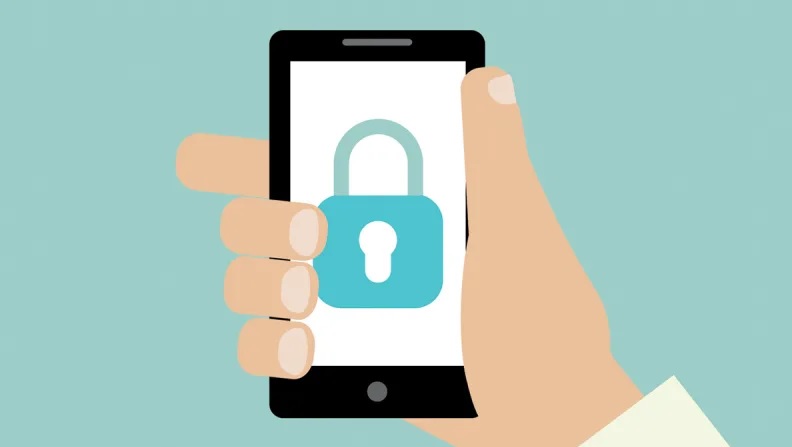
It’s no secret that your mobile device is your best friend. Your smartphone is not just a communication device. You also use it to access your business files, withdraw money from multiple online and mobile banking platforms, talk to friends and business associates on email and social media.
The benefits that ride along with your mobile devices are immense. With them, you don’t have to sit all day behind your computer to accomplish various tasks. You can complete them on the go!
But there is one thing you might not know – mobile malware is on the rise. If you don’t secure your devices properly, you could fall bait to hackers, and you could lose the data that means a world to you.
To help you navigate your make financial transactions, scroll through your photos, check emails, or do everything else on your mobile devices in a secure way, we have outlined some tips you should incorporate in your routine. Read on!
- Always keep your screen locked
This seems basic, but it is one of the most significant steps you can take to secure your mobile devices.
Getting your smartphone, tablet, or smartwatch stolen is one potential threat that can put your personal data at risk. To prevent this, make sure you have a reliable screen lock. There is a myriad of options available, including passcodes, fingerprints, face recognition, or patterns. Regardless of the choice you make, ensure that you don’t diverge the information to people you don’t trust.
Also, it pays off to choose the amount of time the screen stays idle before locking. Choose the shortest time possible, because your device can be stolen in a blink of an eye. This will strengthen your protection since the screen will automatically lock itself within seconds, therefore making it difficult for malicious entities to access your data.
- Use secure passwords
Try to look at the passwords you use on apps. How strong are they? Well, you have probably used your name and a few numbers you can remember. For the pin code on your online banking app, you are most likely using your year of birth, or your national identity number. This is dangerous and could compromise the overall integrity of your data.
Don’t forget that setting strong passwords on all your apps makes it difficult for hackers to guess them. Additionally, it is highly recommended that you set a unique password for each app. By doing this, you will make it nearly impossible for third-parties to phish all your data and use it for malevolent deeds.
You might have used strong passwords for your personal devices, but what about the tablet you were given at work? Professional devices are highly prone to cyber-attacks. Astonishingly, a recent report shows that only 38% of mobile device users within an organization use strong two-factor authentication and only 39% change default passwords. This puts companies’ data at risk.
The bottom line is, ensure all your personal and professional devices are secured with strong passwords.
- Connect to secure Wi-Fi
Today, you don’t have to have an internet subscription in your home. This is because the internet is all over, and you can get it in abundance in your favorite restaurant, coffee shop, bar, library, and parks. You can play games on your phone everywhere, bet on the Kentucky Derby with Twinspires.com or order food whenever you are.
For this, free public Wi-Fi can save you loads of data, but unsecured networks can wreak havoc on your data. When using public Wi-Fi, make sure it is secured. If not, invest in an excellent virtual private network, which will help you surf the web in anonymity. This will keep you safe from prying eyes.
- Think before you download
Don’t download any app that you come across. To be safe, only download apps from official stores, and be sure to check reviews so that you can determine their usefulness and reputation.
Cybercriminals are highly intelligent, and they continuously develop apps that resemble those from trusted brands. They then use them to obtain all the data they need to accomplish their spiteful goals.
For you to stay safe, avoid downloading apps you find on websites. In addition, make sure the apps you download from official stores enjoy a large number of positive reviews, and they are made by a reputable brand.
Your smart mobile devices are pocket-sized computers that hold critical personal and business information. Therefore, securing them from vindictive entities should be your fulltime job. Engrave these tips in your cybersecurity strategy, and you can use these devices to navigate through the internet, access critical data, and communicate with friends and family without fear.

